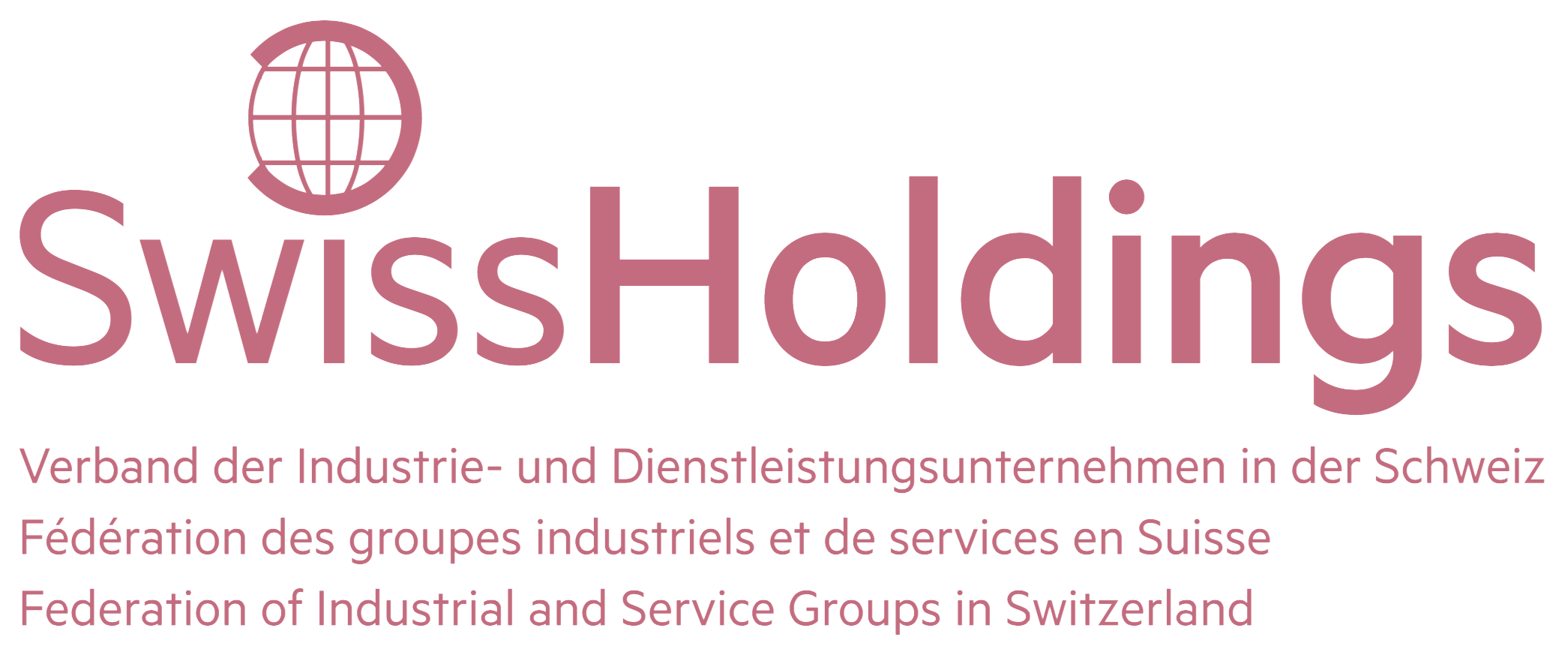This is an automatic translation, which is why errors may occur.
On July 5, 2022, the Competition Commission (WEKO) published drafts for a revised Verticals Notice (E-VertBek) together with associated explanations (E-VertBek explanations) and invited you to submit your comments for consultation. We thank you for the invitation to comment on the above-mentioned consultation. We are pleased to submit our comments as follows:
Summary
The E-VertBek and the E-VertBek explanatory notes available for consultation contain generally welcome amendments, which are intended to ensure consistency with the EU competition rules in the vertical area. For a number of points, the E-VertBek and the E-VertBek Explanatory Notes provide for stricter rules or loopholes that are not absolutely necessary in our view (e.g. tacit extension of non-competition clauses, stricter evaluation criteria for non-binding price recommendations; see below). This “Swiss Finish” leads to the fact that in antitrust distribution practice, contracts with an impact on Switzerland would also have to be examined in accordance with the stricter Swiss rules in the future. 1. European compatibility of Swiss competition rules in the vertical sector According to its introductory recital VII, the E-VertBek should allow for an alignment with European law and in particular with EU rules in the vertical area (see also WEKO consultation letter of July 5, 2022). SwissHoldings supports the alignment of the E-VertBek and the E-VertBek explanatory notes with the new European Vertical Block Exemption Regulation and the Vertical Guidelines, respectively, which have been in force since June 1, 2022, and in particular shares the thrust towards Euro-compatible competition rules for Switzerland.
It is a concern of SwissHoldings that especially in this area stricter special regulations for Switzerland (“Swiss Finish”) are omitted.
2. Tacit extension of the five-year period for non-competition clauses
The EU Commission has clarified in the new Verticals Guidelines (para. 248) that non-compete agreements concluded for a period of five years may also be tacitly extended beyond this period and fall within the scope of the block exemption, provided that adequate termination and renegotiation possibilities exist. There is no equivalent to this clarification in the Vertical Guidelines in either the E-VertBek or the E-VertBek Explanatory Notes.
The lack of such a parallel regulation in Switzerland could lead to legal uncertainties and it is not comprehensible why a more liberal regulation based on the European Vertical Guidelines should be omitted.
3. Admissibility of non-binding price recommendations
Article 4(a) of the Vertical Block Exemption Regulation and the Vertical Guidelines (para. 188) provide guidance on the permissibility of price recommendations, provided that such recommendations do not result from the exercise of pressure or the granting of incentives such as fixed or minimum sales prices.
In contrast, the previously existing explanations on price recommendations in the E-VertBek have been largely removed. In future, this practice-relevant topic will only be dealt with in the E-VertBek explanatory notes. Materially, the E-VertBek explanatory notes (para. 8) deviate from the current European standard and provide for “pressure” or “granting of incentives” only as a possible criterion for assessing the permissibility of price recommendations. The special case dealt with in the Federal Court ruling in the case of “Pfizer”
is given undue weight in the E-VertBek explanatory notes. The criteria derived from this, “coordination”, for example in the form of “particularly intensive communication”, and “coordination success” do not appear to be so generalizable and are not appropriate for application in corporate practice. In the vast majority of distribution networks, relatively intensive communication is carried out for the benefit of business success, while the manufacturer generally has no knowledge of the actual degree of compliance with price recommendations on the part of its distribution partners (i.e. the “success of coordination”).
SwissHoldings would welcome it if the evaluation of non-binding price recommendations in the consultation drafts were based on the current European standard (cf. above) and a stricter Swiss special regulation in this area were omitted.
4. Qualification of agency relationships
In contrast to European vertical guidelines, neither the E-VertBek nor the E-VertBek explanatory notes contain any references to the legal qualification of agency or commercial agent relationships in the area of vertical agreements or distribution systems. SwissHoldings would support it, in order to increase legal certainty on this point, if the Competition Commission were to include guidelines in this regard in the E-VertBek explanatory notes, based on the current vertical guidelines.
We thank you for the opportunity to comment and for considering our position. We are at your disposal for any explanations or information regarding our comments.
Download full consultation response [pdf]

